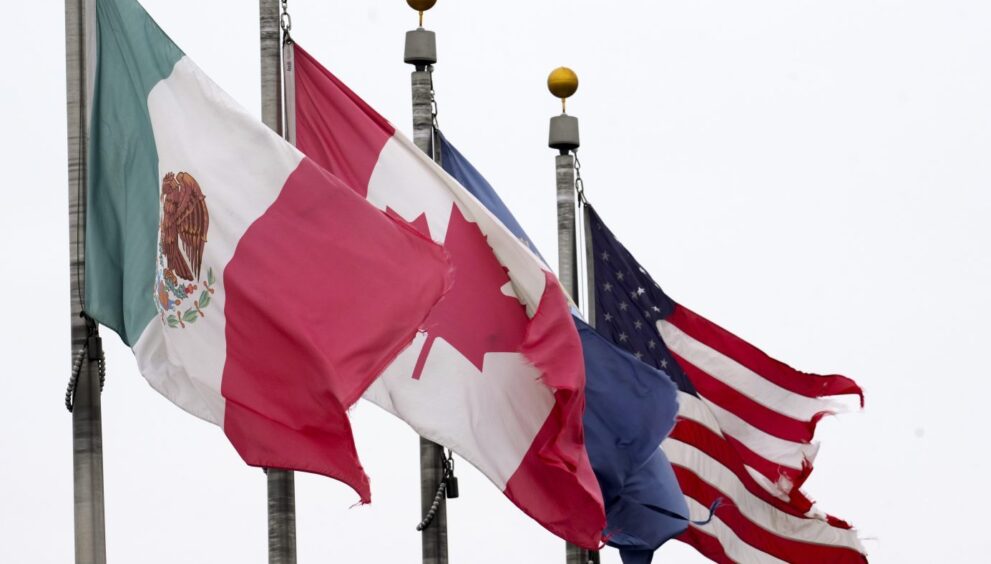The Difficulty of Winning Trade Wars

President Trump believes that trade wars are simple to win. However, the reality remains that they are neither easy nor victorious—a lesson continually learned the hard way.
Conventional wars and trade wars differ significantly. While conventional wars may disrupt our sensibilities, they tend not to impact our daily lives directly. Wars are often fought far away by professionals, and the costs are usually deferred through government borrowing. Yet, trade wars demand immediate payment and have direct, personal repercussions, inflicting immediate pain.
In contrast to conventional wars, trade wars lack a professional army, are not fought from afar, and do not spread costs over time. While they may not disturb our sensibilities, trade wars profoundly disrupt our lifestyles. Winners and losers emerge internally, making it extremely challenging for a democracy to handle them effectively. The pressure from losing groups, like American farmers, is likely to force the president to back down.
Trade, inherently a positive-sum activity, benefits all involved parties. However, every country, including the U.S., pursues a mercantilist trade policy. Negotiations aim to eliminate trade barriers in other countries established due to protectionist domestic politics. China, for example, has excelled in bending others to its will using economic leverage.
Successfully navigating a trade war requires exceptional skill, particularly within a democratic system. The immediate costs imposed by trade weapons raise critical questions about who benefits, who pays, who retaliates, and who grants exceptions. The complexities of trade wars mainly result from strategy, luck, and special-interest politics, creating a breeding ground for crony capitalism.
The U.S. faces challenges in executing trade policy effectively. Previous diplomacy efforts under Biden were followed by a more aggressive and unilateral approach under the Trump administration. The traditional rules-based trading system has been disregarded, and the decision-making process for trade policy seems increasingly irrelevant.
Trump’s decision to impose tariffs on close trading partners like Canada and Mexico without clear economic reasons showcases the counterproductive nature of the current trade war. The widespread dissent towards these actions indicates that the strategy may lead to more losses than gains in the trade landscape.
In conclusion, Trump’s multi-front trade war strategy risks alienating crucial trade allies, damaging global infrastructure, and undermining trust in American trade agreements. The emphasis on unilateralism over cooperative diplomacy may result in long-term challenges in managing global trade relationships effectively.






















































































































































































































































































































































































































































































































































































































































































































































































































































































































































































































































































































































































































































































































































































































































































































































































































































































































































































































































































































































































































































































































































































































































































































































































































































































































































































































































































































































